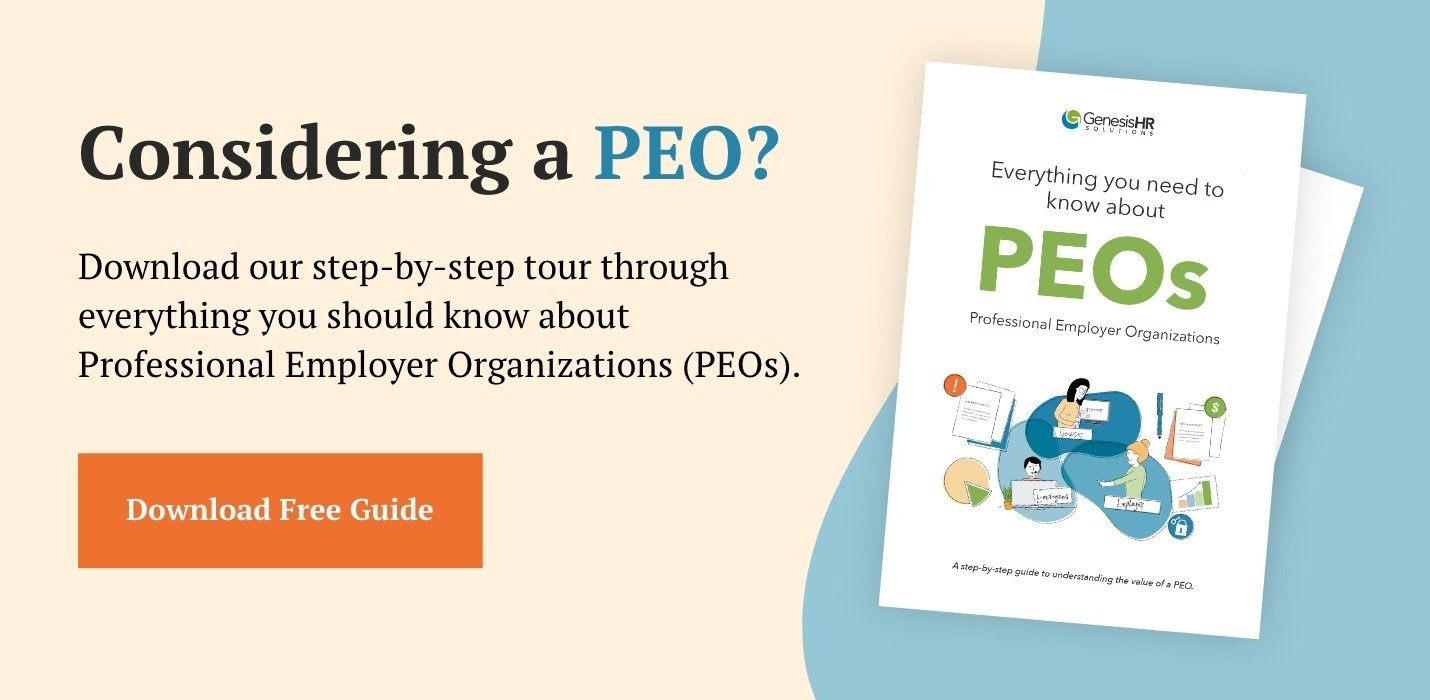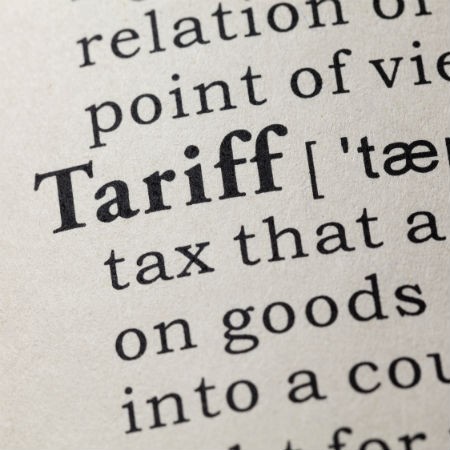 On December 19, 2014, President Obama signed the Tax Increase Prevention Act of 2014, which included the Small Business Efficiency Act (SBEA). On August 5, 2015, the IRS announced that the PEO certification program created by the SBEA will be fully implemented on July 1, 2016.
On December 19, 2014, President Obama signed the Tax Increase Prevention Act of 2014, which included the Small Business Efficiency Act (SBEA). On August 5, 2015, the IRS announced that the PEO certification program created by the SBEA will be fully implemented on July 1, 2016.
What changes will this bring to PEOs?
What does this mean for businesses who currently partner with PEOs or are considering doing so? Plenty. For those PEOs who submit, the SBEA creates a voluntary certification process that will enable PEOs to become Certified Professional Employer Organizations (CPEOs). The changes that result as this law is implemented are significant and include the following:
- The SBEA codifies that all customers of CPEOs will qualify for all tax credits that exist now or in the future that they would be eligible for absent a non-certified PEO relationship.
- CPEOs will have clear statutory authority to collect and remit federal employment taxes under the CPEO’s Employee Identification Number.
- FICA and FUTA wage bases will not restart when a company enters into or leaves their partnership with a CPEO.
- More importantly for the consumer, in order for a CPEO to receive certification, a bond between $50,000 and $1 million must be maintained based on the size of the CPEO. Additionally, CPEOs must provide the IRS with an annual independent financial statement audits provided by a CPA as well as quarterly CPA attestations to confirm that all taxes have been paid.
What should you consider before these changes take place?
While this is great news for the PEO industry and the clients they serve, what might a consumer consider today before CPEOs are recognized as such? A good start would be to work with a company that is accredited by the Employer Services Assurance Corporation (ESAC). For a PEO to be accredited, candidate PEOs must meet criteria similar to the SBEA’s. If your company is considering a PEO, I recommend that you confirm ESAC accreditation first, by verifying a PEO’s accreditation.
Another method sometimes used is to comb the internet for recommendations by independent parties. My opinion on this method is simply “caveat emptor”–let the buyer beware! A recent “independent report” claimed to have identified the top PEOs in the country. Interestingly, the article also suggested readers check with a “sister company” to help find the “right PEO for you.” Clearly, this was a marketing initiative operating under the guise of an independent survey. Not surprisingly, none of the “best” companies were ESAC accredited, and one would seriously doubt that these companies would take advantage of the opportunity to become a CPEO, when they could have passed ESAC muster if they had the desire to do so—and the financial muscle and operational integrity to back it up.
In conclusion, our advice is to make sure the PEO you work with is accredited by ESAC and, after July 1, 2016, that the PEO takes the necessary steps to become a CPEO. And yes, it makes great sense to check with current and past clients of the PEO you are considering. With all due respect to the “independent report,” no endorsement is more powerful than the experience of actual PEO clients.




